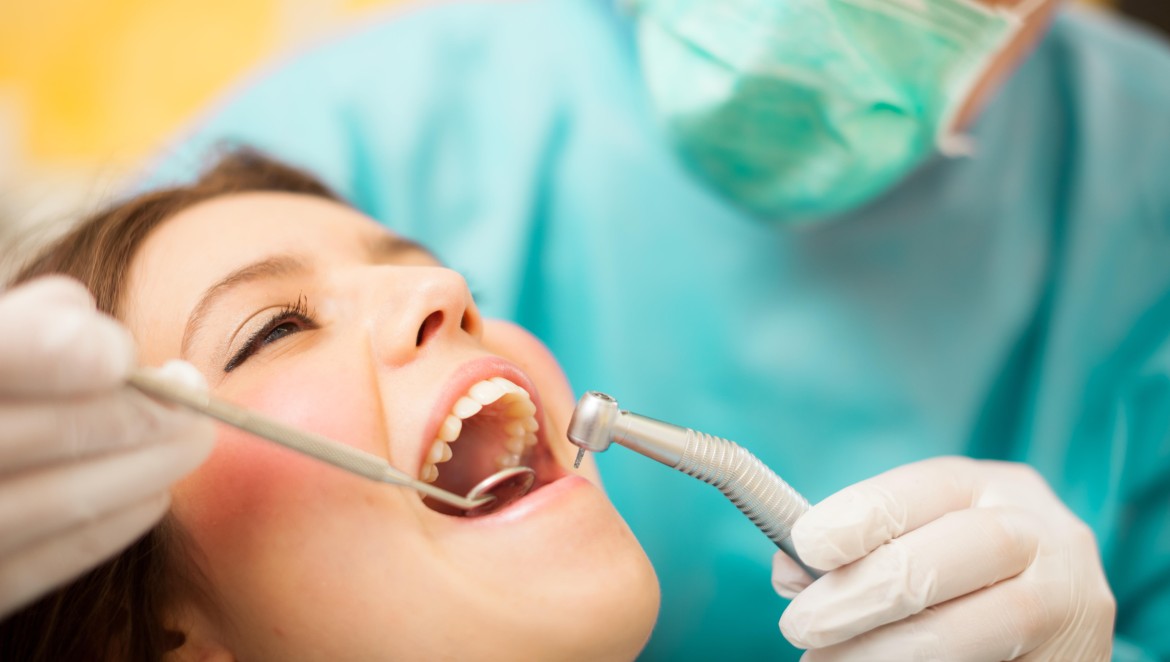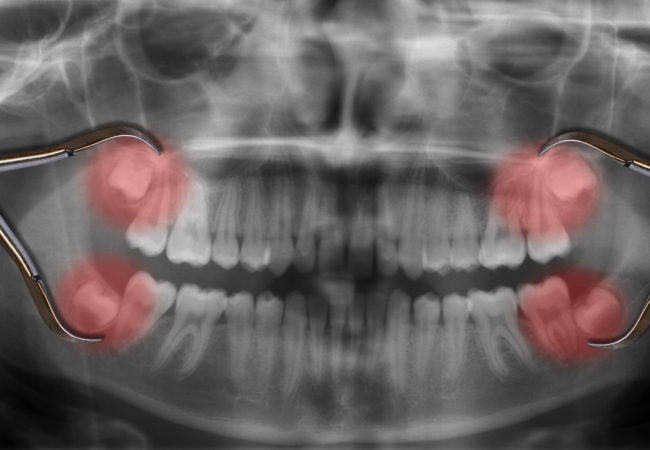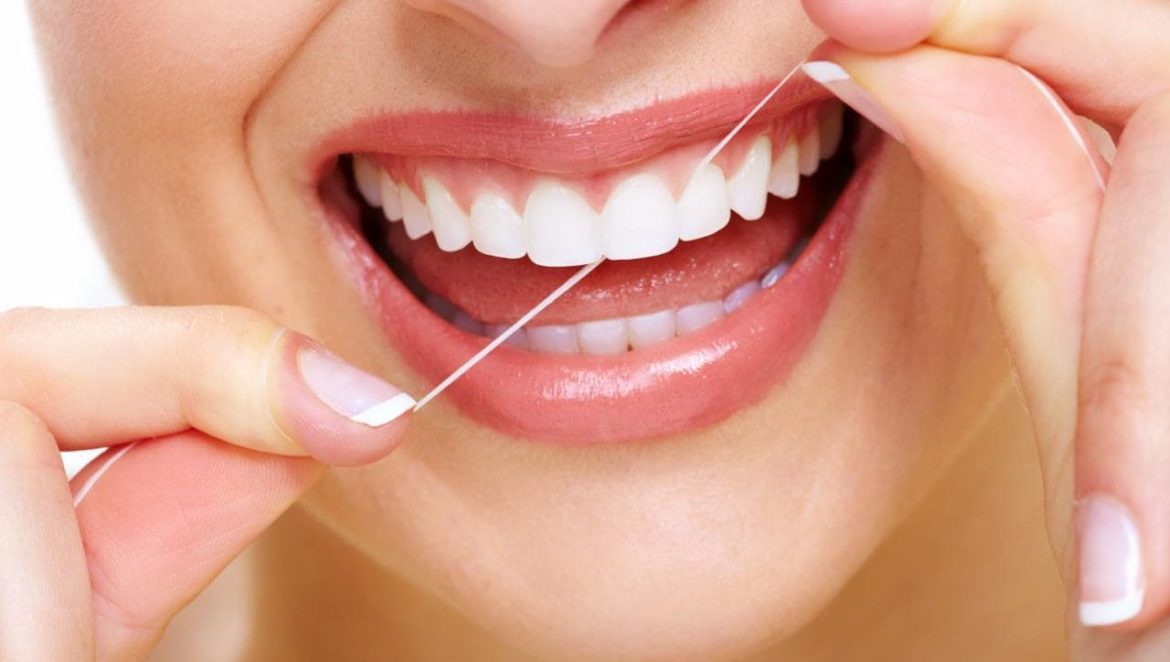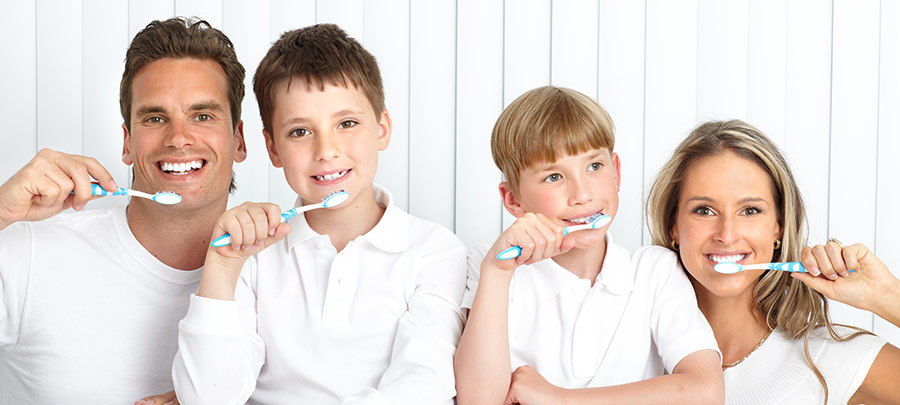September 10, 2018
A busy family needs to have a dentist that works with their lives. Where a pediatric dentist specializes in child dental health, a family dentist provides dental care for all stages of life. This means your children can have the same dentist throughout their life, and you and your child’s dental needs can be met at the same office.
A family dentist is a perfect fit for busy families that value being able to meet all the various needs of their family without having to go to multiple offices. In this article, we’ll explore what advantages a family dentist offers, and what to consider when looking for the right family dentist.
The Difference between Family Care and Traditional Care
Traditional care with a general dentist is one of the most common dental practices in America. General
dentists can treat your whole family and can be your primary care dentist. They often have training in specialized areas, such as
root canal therapy or orthodontics.
But, a family dentist practice often has multiple specialists in house, offering a convenient all-in-one solution to your family’s dental needs. Whether you need new braces for your teen, or a pediatric dentist for your child, or an endodontist to treat root and pulp, family dentist practices offer all of these services in house.
The all-in-one nature of a family dentist also means you can schedule appointments together, reducing the need to stagger appointments or to wait multiple days to get everyone seen. Each practice has their own method of scheduling, and it’s a good idea to ask when looking for a family dental group.
The Benefits of a Family Dentist
A family dentist offers a lot of the benefits of a general dentists, but with some differences. Family dentists accept patients of all ages, whereas a general dentist might have age restrictions. These restrictions could be in place because the dentist might not have extensive training in pediatric dentistry. Children’s teeth require specialists to ensure that they are well cared for and their permanent teeth come in healthy.
A family dentist is able to provide your family with the care they need no matter their ages. It makes it much more convenient than having to schedule your own appointments at one dentists and then your child’s appointments at a pediatric dentist clear across town. Often times a family dental group will have many in-house specialists that will provide specialized services such as
teeth whitening, crowns,
dentures, and more.
Having all your dental needs taken care of in the same place keeps the whole family more comfortable. Instead of having to switch dentists when your child starts to need braces, you can keep going to the same family dentist. Many children are afraid of going to the dentist, and keeping everything the same as they grow up can help make them feel comfortable and safe.
A family dentist is also able to reduce the time you spend at the dentist office waiting for your whole family to be seen. With a number of in house specialists, the likelihood of everyone getting an appointment together goes way up!
How to Find a Family Dentist
The first thing most people research when finding a new dentist is their location. To be sure, having a dentist conveniently located is important, but there are other factors you should consider when looking for a good dentist.
Consider what needs your family has while you look. If you have children, making sure the family dentist has a great pediatric dentistry practice is very important. You’ll also want to consider what services they will provide for your own dental care. Keep in mind any existing oral health issues, and be sure there is a specialist in house to provide care for those issues.
It is also good to lay out some criteria for your search. Many people consider the education, price and atmosphere of the office. It is important to be sure the dentists are keeping abreast of the latest developments and have the specialized training that you will need. Today, most dental groups offer advanced procedures and technology to help care for your dental needs. For example, digital x-rays use less radiation and are safer than traditional x-rays. Generally, advanced technology used in the office is less invasive, making a better visit for patients and children that may be uneasy or frightened of going to the dentist.
It is important to make sure there is a pediatric dentist on site to manage your children’s dental health. A pediatric dentist is the branch of dentistry that specializes in caring for children’s oral health from birth through adolescence. They can also serve as educational resources to help teach your children how to maintain good dental health throughout their lives. Like adults, visits should occur every six months after the presence of the first tooth, or by a child’s first birthday.
It is also important to check with your insurance carrier and to research treatment plans ahead of time. If you expect to have to have a costly procedure done, be sure to ask about payment plans, or what insurance will cover when you visit the dentist.
Many dental practices will advertise that they offer treatment for the whole family, but you will need to determine if they are a general practice or a family group. Just because they use “family” in their practice tile doesn’t mean they are a family dentist. Use the resources offered by the American Dental Association to help you in your search. These organizations can help you narrow your search by what specialists you would need, distance from your home, and things like insurance terms and more.
Once you have a list of potential dental groups, schedule consultations to visit the office to see if it matches your needs. Is the office clean and does the atmosphere make you feel safe? Are the staff friendly and helpful? Do they offer all the services that you will need? These are all important questions to answer as you find your family their perfect family dentist.




